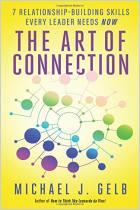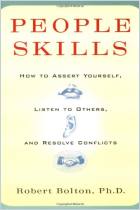
Recommendation
Behavioral researcher Vanessa Van Edwards believes that if you understand people better, you can more easily overcome your social anxieties. Her manual is organized in three parts. Part I discusses how to act when you meet someone so you can make a great first impression, as well as how to work a room and “spark” positive conversations. Part II explains how to read and understand other people’s “microexpressions,” personality traits and hidden values. Part III explores how to lead, build stronger connections and deal with difficult people. Van Edwards has great tips for nervous networkers and for those who want to nail the first five minutes of social interaction. Her hacks for starting and maintaining good relationships are useful, but they somewhat – at least, temporarily – elide the need for authenticity in building strong, long-term relationships. The book’s facial expression photos, flash cards, charts and lists enhance her lessons. getAbstract recommends this manual to anyone who occasionally feels awkward, to introverts who need a boost and to extroverts who want to strengthen their relationships.
Summary
About the Author
Vanessa Van Edwards is a researcher, speaker and writer specializing in people skills and interpersonal intelligence. She runs Science of People, a behavior research lab where she studies charisma, influence and power body language.
























Comment on this summary or Start Discussion